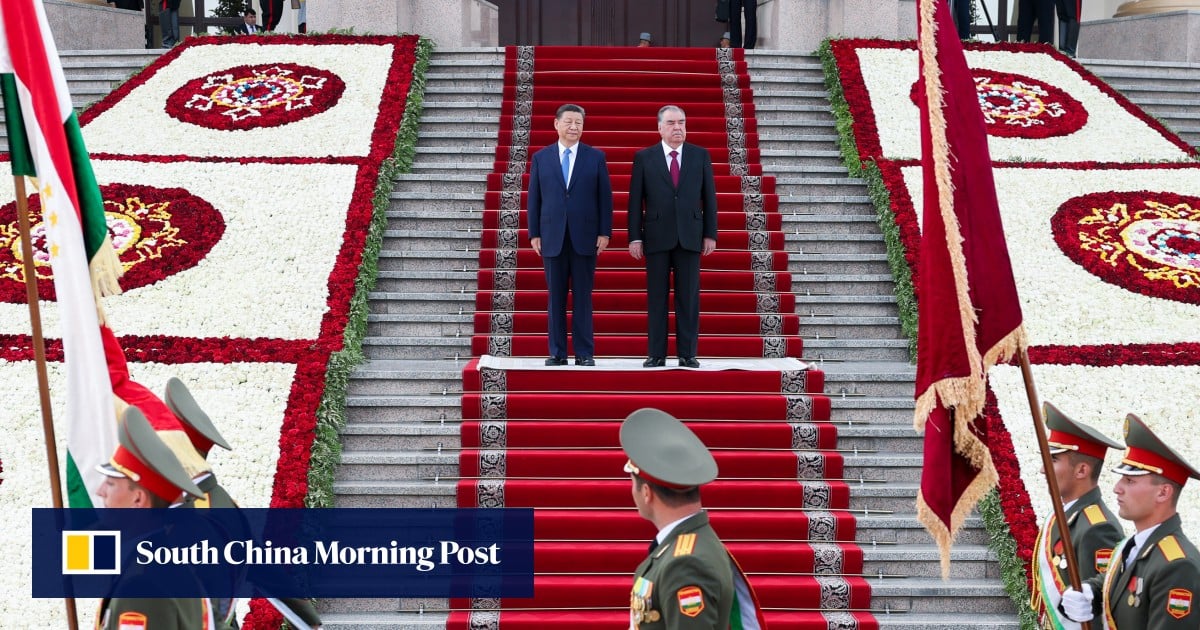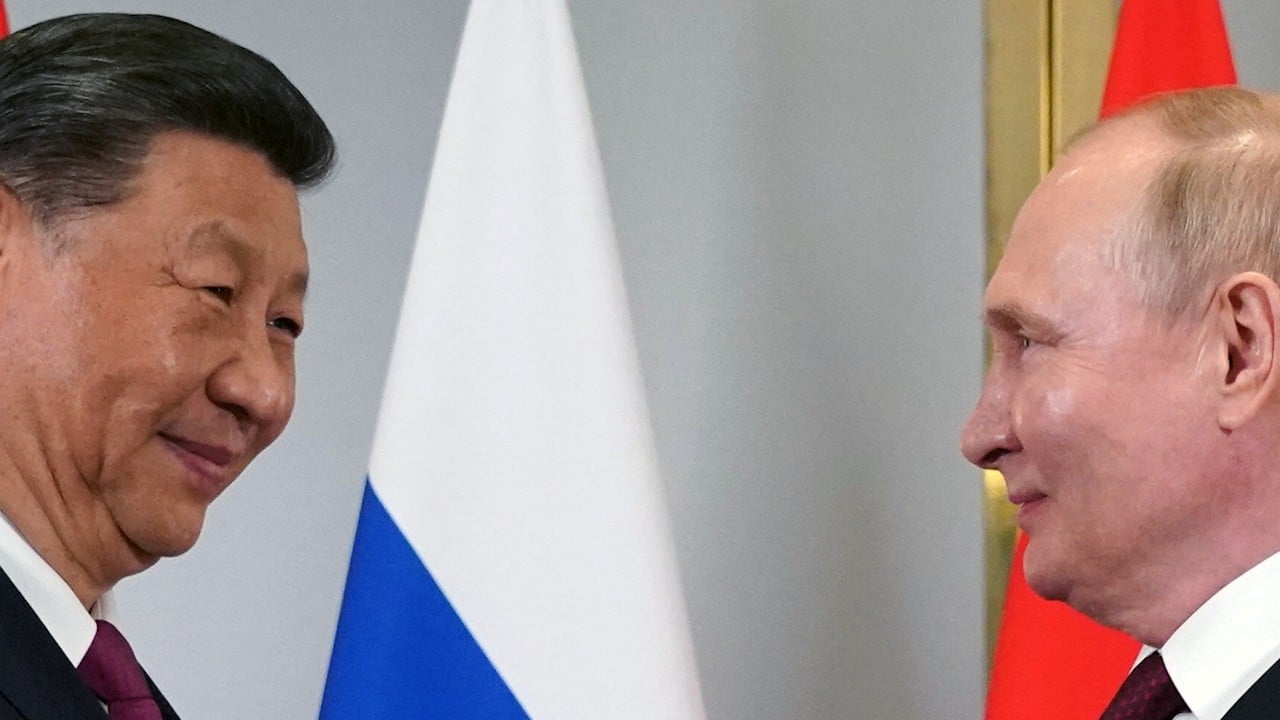How two years and Russia’s war in Ukraine changed China’s relations with Central Asia

Xi and Mandarin-speaking Kazakh President Kassym-Jomart Tokayev agreed to double their mutual trade “as soon as possible.”
These commitments included expanding cooperation in oil and gas exploration and production, critical minerals, new energy, scientific and technological innovation, aerospace technology, and trade in the digital economy.
In the Tajik capital Dushanbe on Friday, Xi announced the expansion of bilateral relations to a “comprehensive strategic cooperative partnership” and awarded his Tajik counterpart Emomali Rahmon a friendship medal for his role in promoting relations with Beijing.
The state news agency Xinhua said it was the first time the prize was awarded outside China.
“No matter how the international situation changes, China will always be Tajikistan’s trustworthy friend, reliable partner and close brother,” Xi told Rahmon.
“China will continue to steadfastly promote friendship and mutually beneficial cooperation with Tajikistan… continue to unswervingly promote friendly and mutually beneficial cooperation with Tajikistan… and firmly support Tajikistan’s efforts to safeguard its independence, sovereignty and territorial integrity,” he said, according to a Chinese statement.
Xi and Rahmon also attended the inauguration of new parliament and government buildings in Dushanbe, projects that began in 2020 with an estimated 1.5 billion yuan ($206 million) in investment from Beijing.
According to Li Lifan, a Russia and Central Asia expert at the Shanghai Academy of Social Sciences, Central Asian countries are currently more likely to turn to Beijing for both investment and security guarantees.
“The Ukraine war has become a turning point in the competition between China and Russia and has, whether intentionally or not, led to a decoupling of Central Asia from Moscow,” he said.
“Given Russia’s deep concern over the war in Ukraine, there is clearly a growing demand in Central Asia for China to step up and play a greater role in meeting the region’s political, economic and security needs.”
Although Beijing is careful to downplay its growing presence in the region amid Moscow’s unease over China’s role in its sphere of influence, Li said it has inevitably dealt a blow to deepening Sino-Russian relations.
“But given Moscow’s increasing asymmetric dependence on Beijing amid rivalry with the US-led West, Russia will have to live with that, at least for now,” he said.
Another mainland Chinese expert, who asked not to be identified, said China’s rapidly rising influence in the region was largely due to a leadership vacuum created by Russia’s decline following the Ukraine war.
“The countries of the region, especially Kyrgyzstan, Tajikistan and Uzbekistan, have been severely affected by the war and secondary sanctions imposed by the United States and its allies. It is only natural that they are relying more on China, despite their efforts not to jeopardize traditional relations with Moscow,” the expert said.
For China, the resource-rich Central Asian countries are of growing strategic importance. This is especially true for Kazakhstan, which shares a long land border with the westernmost region of Xinjiang. Beijing fears that the Cold War-style confrontation with Washington will alienate it even further.
Li said Beijing and the Central Asian countries may also have grown closer because they both have deep-seated security concerns about an alleged Western threat of a “color revolution” – protests in some post-Soviet states aimed at building liberal democracies.
In his speech at the SCO summit in Astana, Xi called on countries to “resist external interference.” He repeated this message in Dushanbe, pledging to “firmly oppose any interference by external forces in Tajikistan’s internal affairs, no matter what pretext.”
“Central Asia has long been a battleground of rivalry between the major powers. China is particularly skeptical of Washington’s efforts to court the region’s countries and gain a foothold in the region,” he said.





